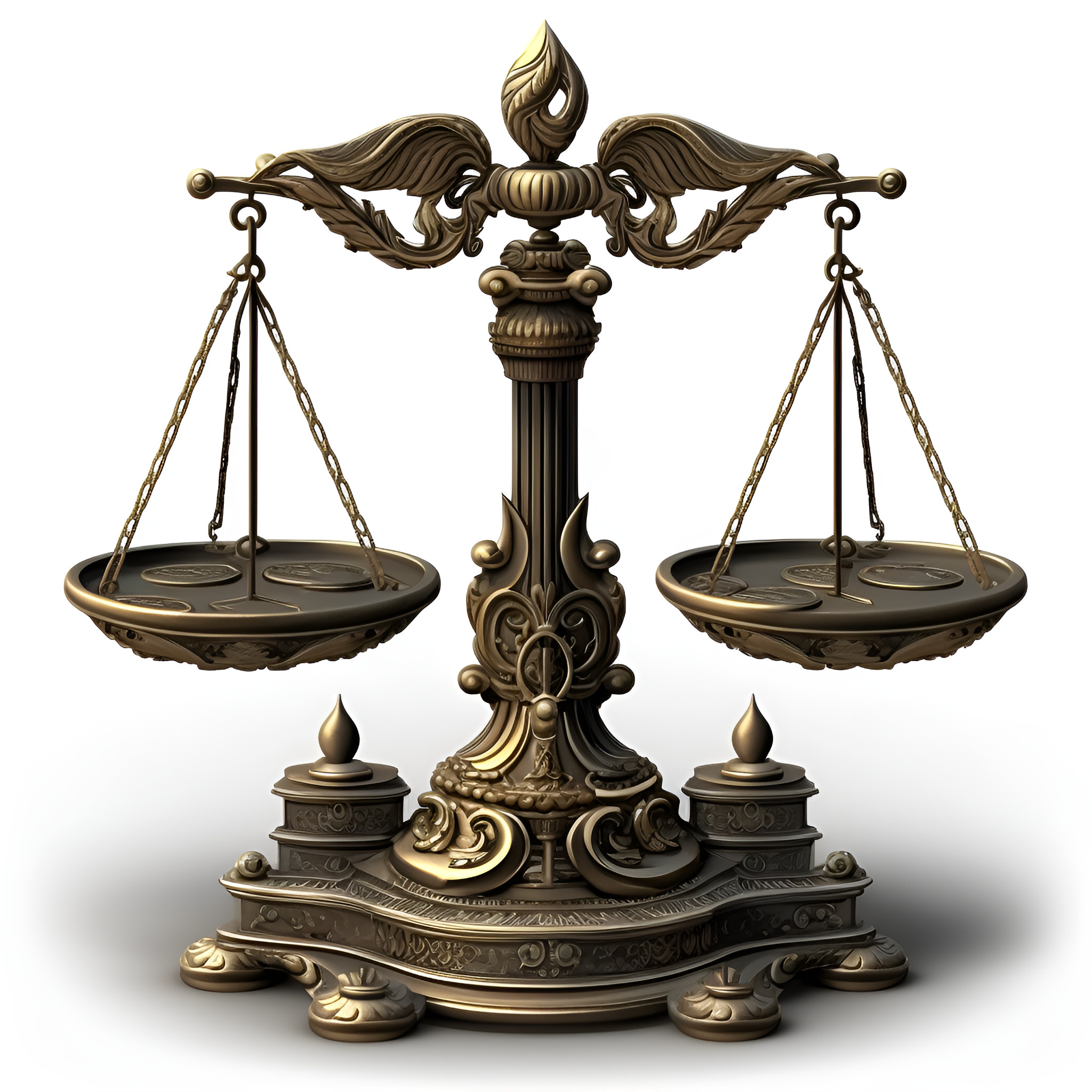Supporting Self-Represented Litigants: Leveraging NAACP v. Button To Create Our Legal Advocacy Network
Navigating the legal system can be daunting, especially for self-represented litigants (SRLs) who lack formal legal training. The complexities of legal procedures, the intricacies of legal language, and the pressure of advocating for oneself in court can create significant barriers to justice. However, the landmark case NAACP v. Button, 371 U.S. 415 (1963), offers a powerful precedent that can empower SRLs to support each other under the protection of constitutional rights, without falling afoul of unlicensed practice of law statutes. By operating under the umbrella of The Pro Se Alliance's non-profit organization, SRLs can create a robust support network, enhancing their ability to navigate the legal landscape effectively and equitably.

Understanding NAACP v. Button
NAACP v. Button is a foundational case in understanding the intersection of legal advocacy, free speech, and association rights. The Supreme Court's decision in this case established that the activities of the NAACP in providing legal counsel and support to individuals pursuing civil rights claims were protected under the First Amendment. The Court recognized that such activities were a form of political expression and advocacy, essential for promoting lawful objectives through litigation.
Key Takeaways from NAACP v. Button
- Freedom of Association: The decision affirmed that collective legal advocacy and support are protected under the First Amendment.
- Legal Advice as Protected Speech: Providing legal advice and assistance, especially in politically charged or civil rights contexts, is a form of protected speech.
- Narrow Tailoring of Regulations: Regulations on legal practice must be narrowly tailored to avoid infringing on constitutional rights.
